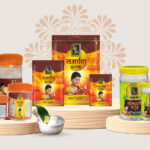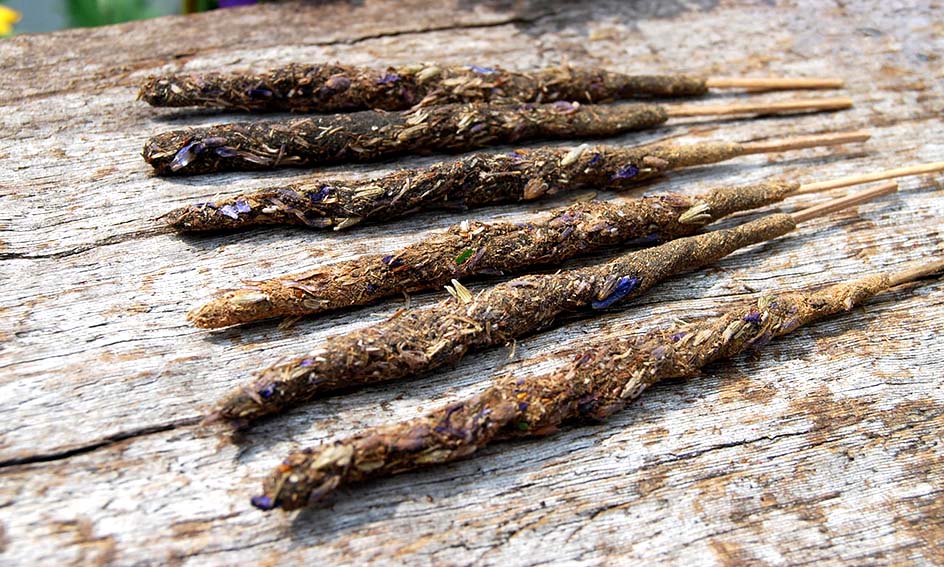
8 Amazing Charcoal Free Incense Sticks By Zed Black
September 2, 2022
Zed Black enters Pooja Product segment with Samarpan Brand
October 11, 2022
The name ‘Agarbatti’ comes from agarwood, which is a common ingredient in making incense. Incense sticks are made from the evergreen tree Agar and Batti means wick. As a result, the wick made from agarwood is called agarbatti.
Agarbatties have always been an important element of spiritual and religious practices. Today, incense sticks are no longer limited to prayers or holy places but have become a part of self-care routines. Incense sticks have completed a journey of their own from time to time but their significance still remains the same. No matter how modern or advanced our lifestyle or we get, we still burn incense sticks before our prayers. Our festivals, occasions and religious ceremonies are incomplete without incense sticks. To this date, agarbatties and lamps are lit every morning and evening in Indian houses to spread fragrance and bring in good energy.
But when did this practice start? Or even how incense sticks came into existence?
The fragrance of Agarbatti lingers back to 6000 years ago. According to ancient Egyptian texts, incense was used by priests to fumigate tombs and ceremonies in ancient Egypt. The distribution of resin-based incense such as frankincense to parts of what is now Europe dates back to 601BC. Spices and incense were shipped from Arabia to the Mediterranean by way of a major trading route known as the Incense Route. Researchers have discovered traces of myrrh and frankincense in Egyptian graves. There is a widespread belief that Egyptians would have used incense during worship and rituals.
At present, the number of incense sticks produced by India every year is approximately 100 billion, making it the largest incense producer. The country is growing rapidly in its domestic and export markets. Today, Zed Black is among the popular and leading incense brands in India and has 5 manufacturing units spread across an area of 10 lac square feet, employs over 4000 workers, 80% of whom are women, exports to over 40 countries, and has become a household name with its 12 brands in different categories while continuing its mission of fulfilling all the needs of Indian households and spreading the message of prayers through ‘Prarthna Hogi Sweekar’.














